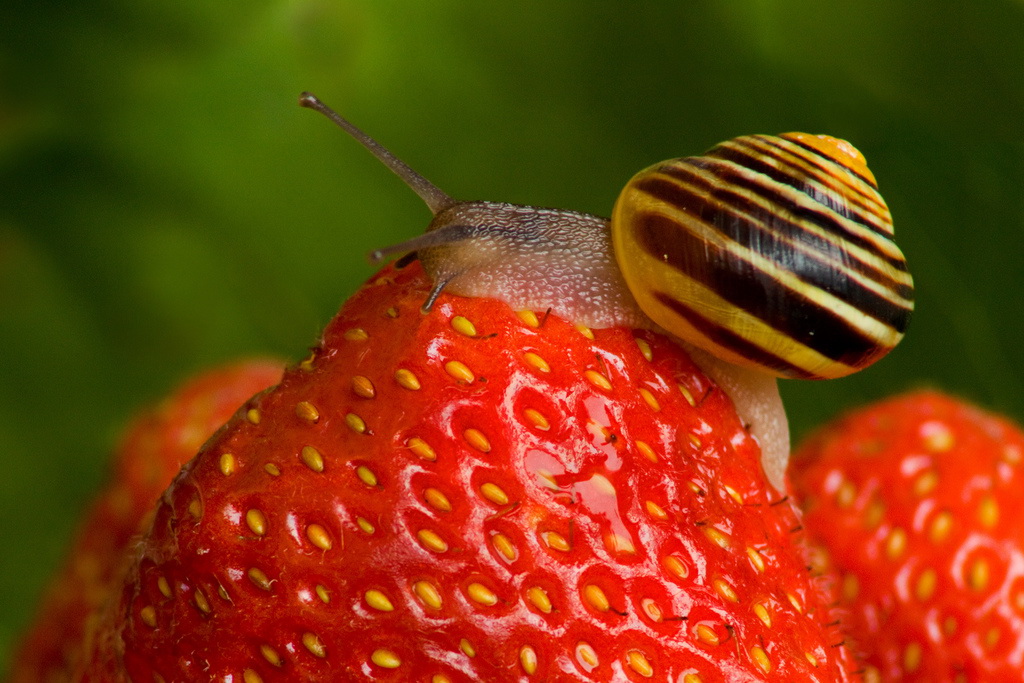Weekly Science Picks

Oh, dear! Can you imagine just few moments ago we were writing the last week’s review and right now we are at the beginning of one more exciting and fascinating editor’s selection? Time passes so quickly, does not it? We can not explain how suddenly we appeared into this Sunday. Well, it’s strange, but let’s start. Firstly, have you ever wondered why people bite their nails? A wired habit, is not it? The habit no one should be proud of. Or, for instance, did you know that antioxidants can accelerate cancers? These are only top stories for this week. We are coming with much more, so please enjoy our journey!
Why do we bite our nails?
Lately I’ve been wondering what makes someone an inveterate nail-biter like me. Are we weaker willed? More neurotic? Hungrier? Perhaps, somewhere in the annals of psychological research there could be an answer to my question, and maybe even hints about how to cure myself of this unsavoury habit.
HIV ‘cure’ girl still has virus
An American girl born with HIV and in remission for years despite stopping treatment is showing signs that she still has the virus and therefore is not cured. The news is a setback to hopes that very early doses of powerful drugs might eliminate the infection that causes Aids.
Bush food, people, country and all things
The Arrente people are the traditional owners of a vast expanse of land that surrounds Alice Springs, rich with mountain ranges, waterholes and gorges. Their long history with the region has given the Arrente community a deep knowledge and understanding of the landscape and natural environment.
How antioxidants can accelerate cancers, and why they don’t protect against them
Two cancer researchers have proposed why antioxidant supplements might not be working to reduce cancer development, and why they may actually do more harm than good. Their insights are based on recent advances in the understanding of the system in our cells that establishes a natural balance between oxidizing and anti-oxidizing compounds. These compounds are involved in so-called redox (reduction and oxidation) reactions essential to cellular chemistry.
Until the next meeting, please stay thirsty and scientifically passionate. The new stories are coming soon!
 Follow
Follow